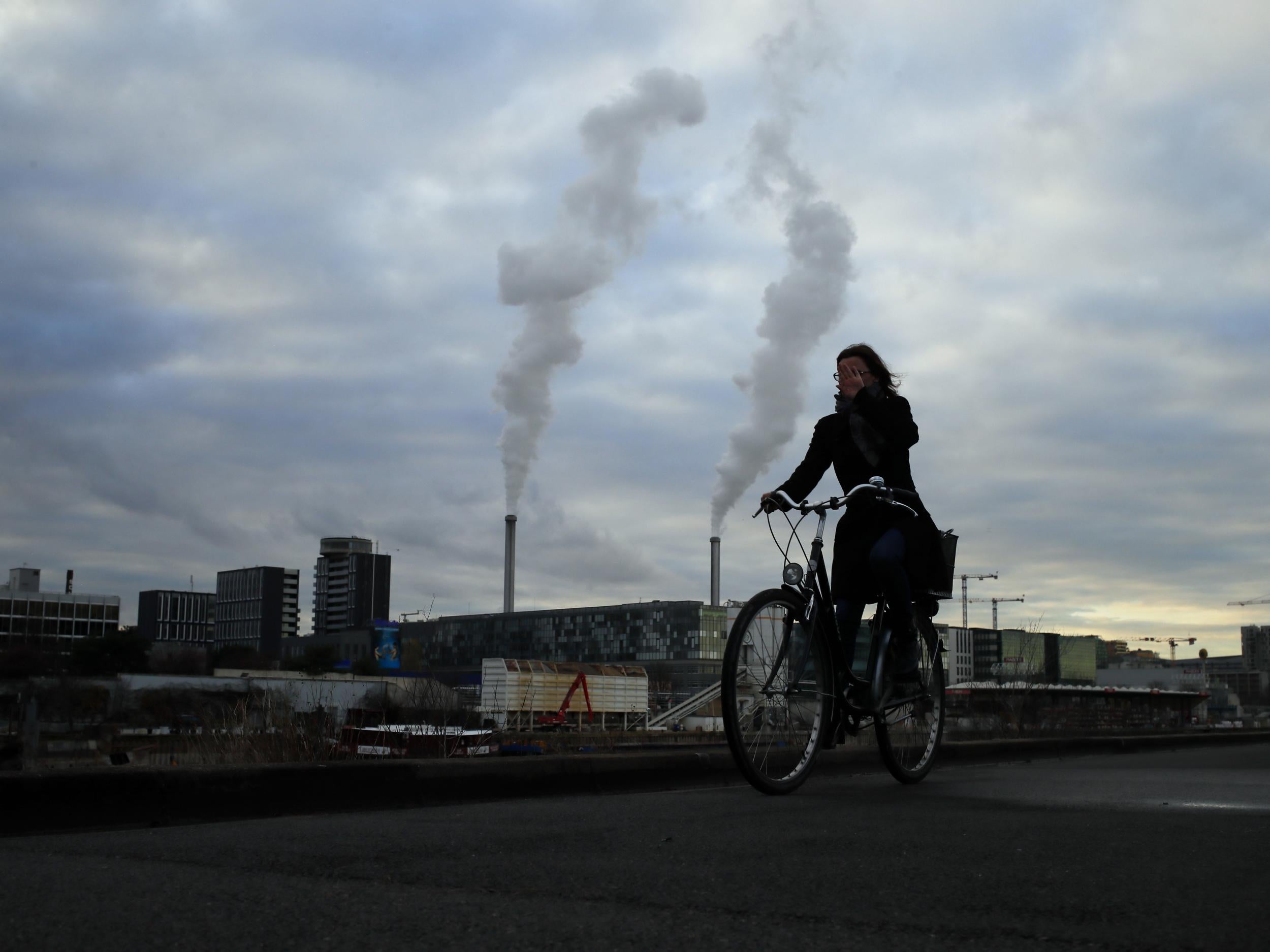Methane being released faster than ever, posing new threat to Paris climate goals
Risings emissions from tropical regions possibly due to climate feedback loop

Your support helps us to tell the story
From reproductive rights to climate change to Big Tech, The Independent is on the ground when the story is developing. Whether it's investigating the financials of Elon Musk's pro-Trump PAC or producing our latest documentary, 'The A Word', which shines a light on the American women fighting for reproductive rights, we know how important it is to parse out the facts from the messaging.
At such a critical moment in US history, we need reporters on the ground. Your donation allows us to keep sending journalists to speak to both sides of the story.
The Independent is trusted by Americans across the entire political spectrum. And unlike many other quality news outlets, we choose not to lock Americans out of our reporting and analysis with paywalls. We believe quality journalism should be available to everyone, paid for by those who can afford it.
Your support makes all the difference.Record levels of methane in the atmosphere will make it even harder to reach targets set by the Paris climate agreement, scientists have warned.
Researchers from the National Oceanic and Atmospheric Administration (NOAA) found increasing amounts of the potent greenhouse gas were coming from the tropics.
They are uncertain about the source but believe it is likely to be due to microbial changes in methane-belching tropical wetlands. They believe warmer temperatures could be causing them to emit more methane than ever before.
“Methane’s unexpected rise is a major challenge to the Paris agreement and we don’t know why it’s happening,” Euan Nisbet, professor of earth sciences at Royal Holloway University of London, told the Financial Times.
“It looks very much as if the warming is feeding the warming, but exactly how is a major puzzle,” he said.
Methane is the second largest cause of human-induced global warming after carbon dioxide. It is 28 times more potent and can trap heat in the atmosphere for more than 100 years.
Researchers found the amount of methane released increased by 50 per cent between 2013 and 2018 compared with the five years before.
Professor Grant Allen, an atmospheric physicist from the University of Manchester who has been working on the Global Methane Budget project, told the The Independent this increase will “without a doubt” make it harder to reach the Paris emissions goal.
“Since 2006 methane concentrations in the atmosphere have been rising and not only rising but accelerating. All of the atmospheric models that try and explain where those extra emissions come from have been pointing us towards the tropics. We never had measurements there until recently,” he said.
“We’ve been doing campaigns in the tropics and we went out with an aircraft in January and February. Sure enough we did see huge amounts of methane being emitted from stagnant freshwater swamps, especially in Zambia.”
The hypothesis is that as the climate warms the efficiency of the microbial communities that convert organic matter into methane increases.
Like our bodies, bacteria are most efficient at warmer temperatures so as the climate warms these emissions are likely to increase.
“This is really a worry because this is a natural feedback and something we can’t control. It’s likely to begin with these feedbacks will be slow but they will rapidly become something we can’t control. Our scope to mitigate impacts is going,” said Prof Allen.
“If we were to stop all natural gas use tomorrow we could reverse this. It’s only increasing because it’s the sum total of all these effects – our anthropogenic emissions and our natural emissions. If the climate continues warming this natural feedback could certainly accelerate.”
Join our commenting forum
Join thought-provoking conversations, follow other Independent readers and see their replies
Comments